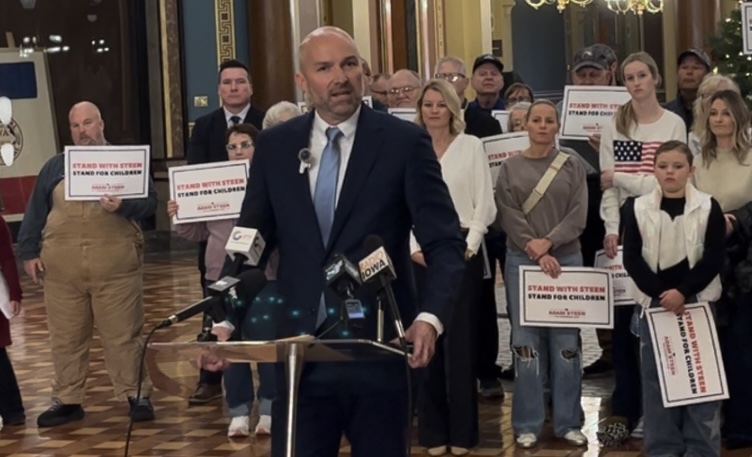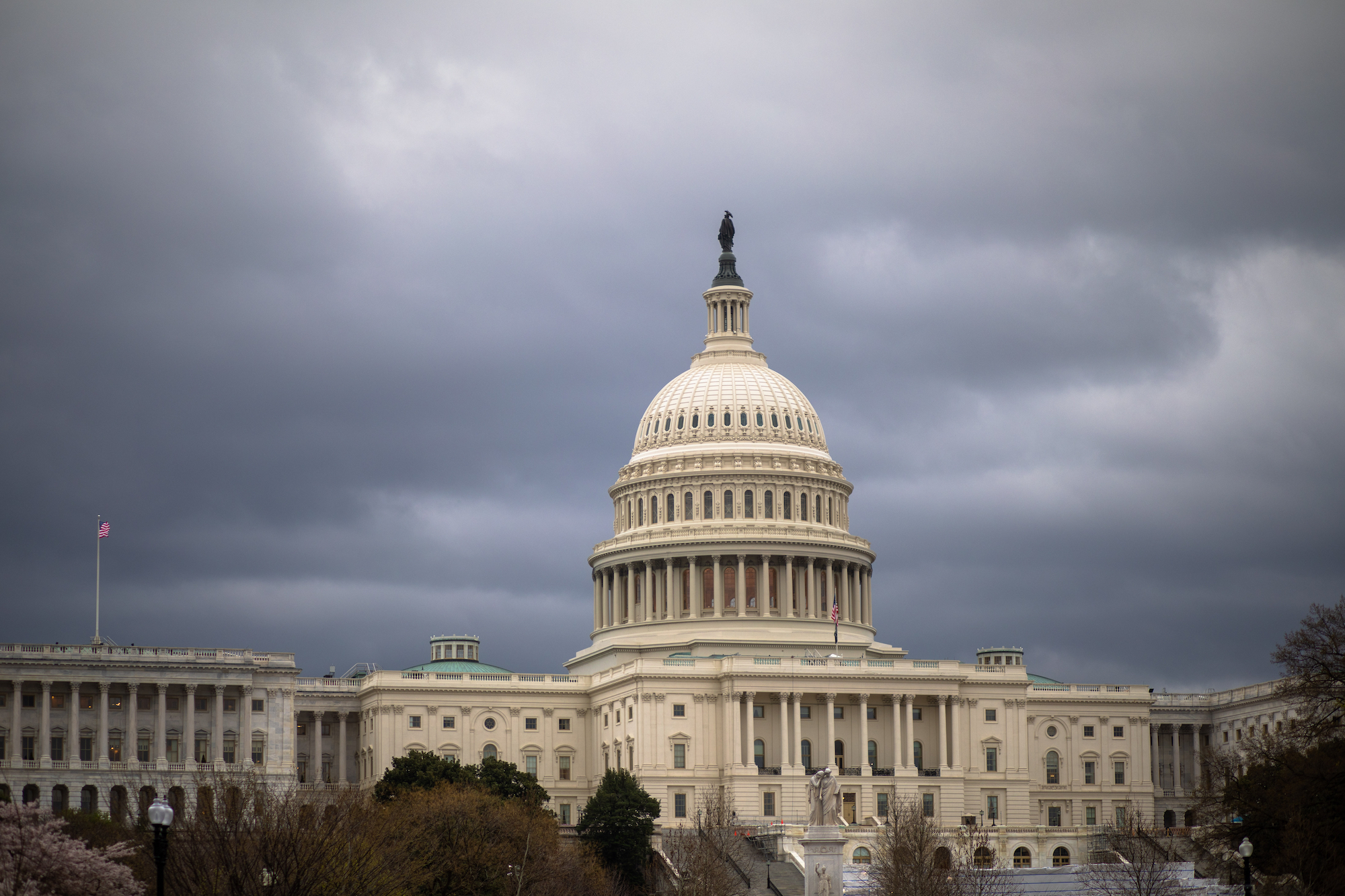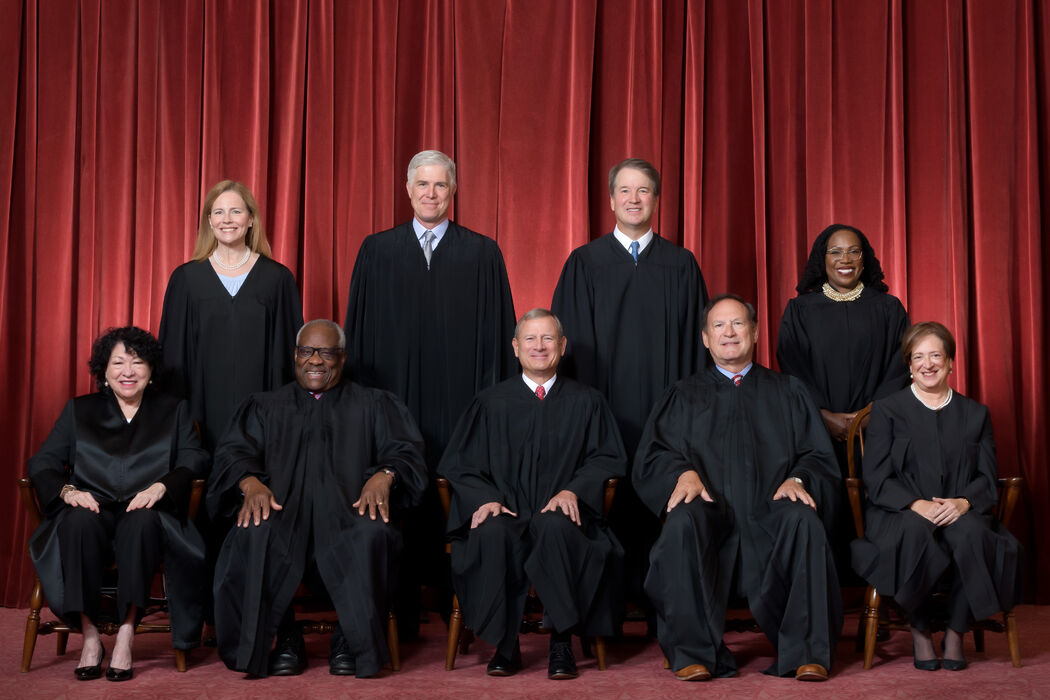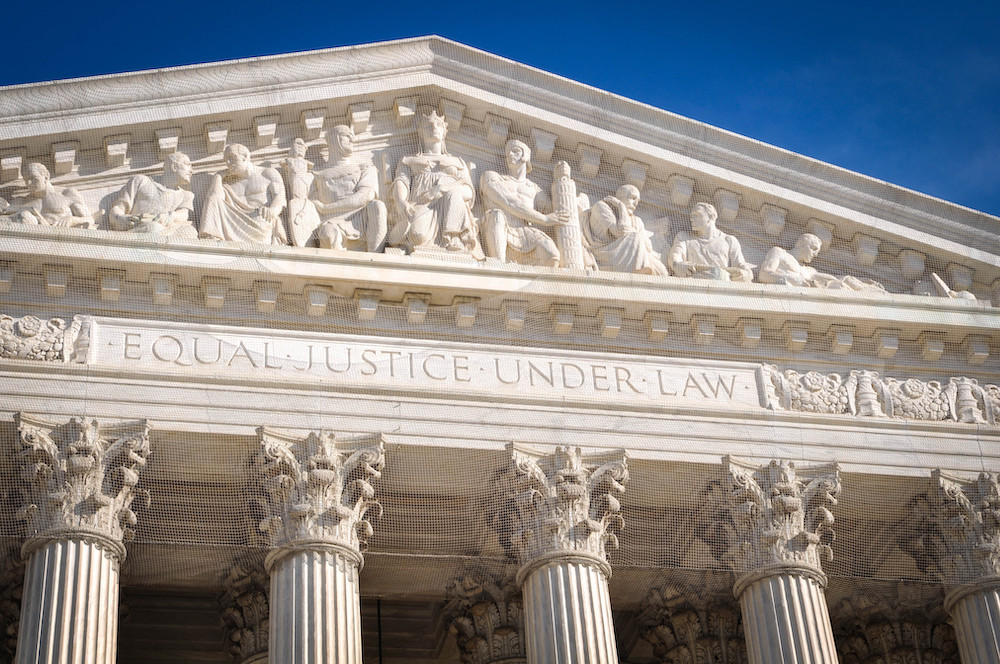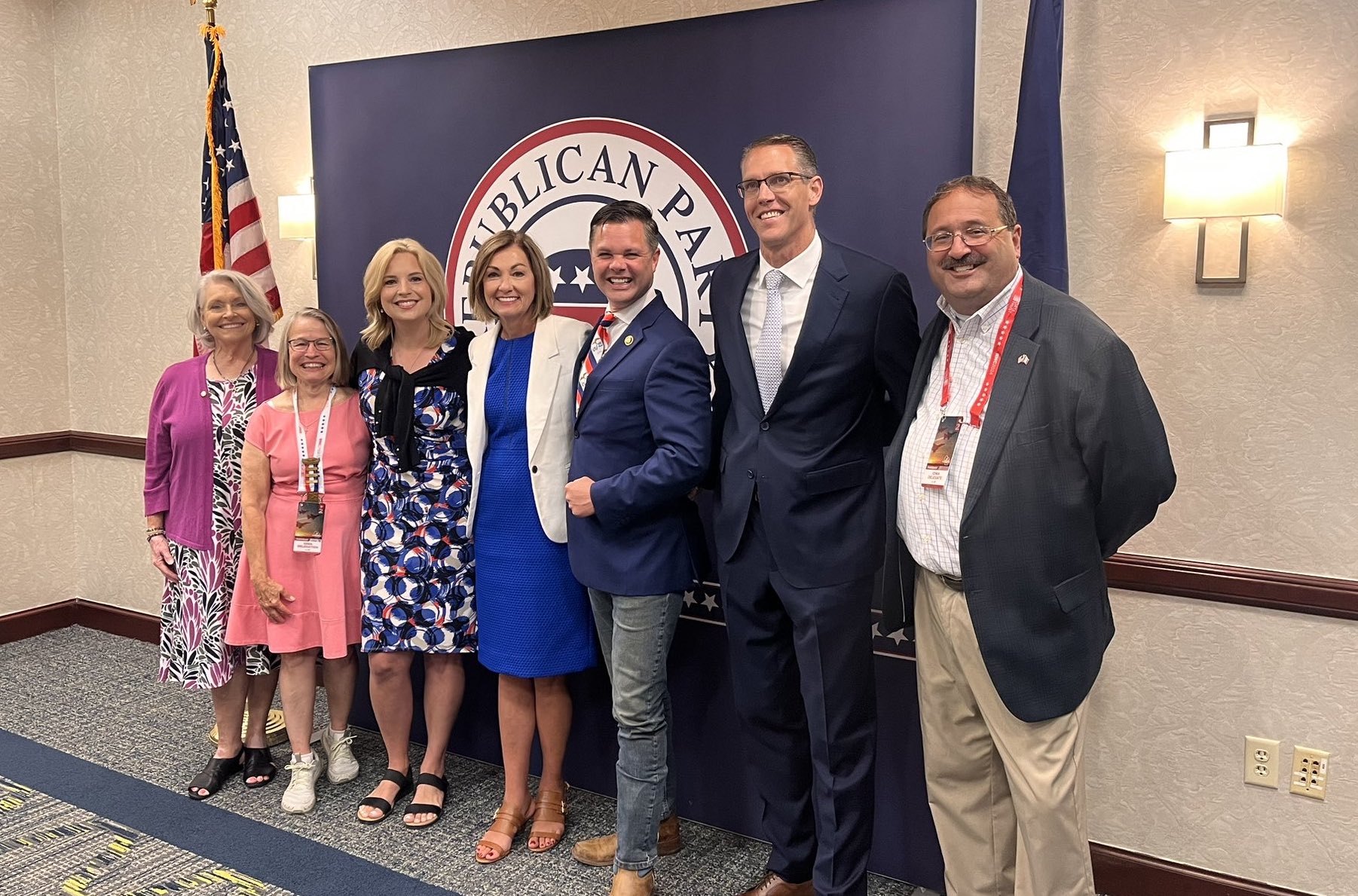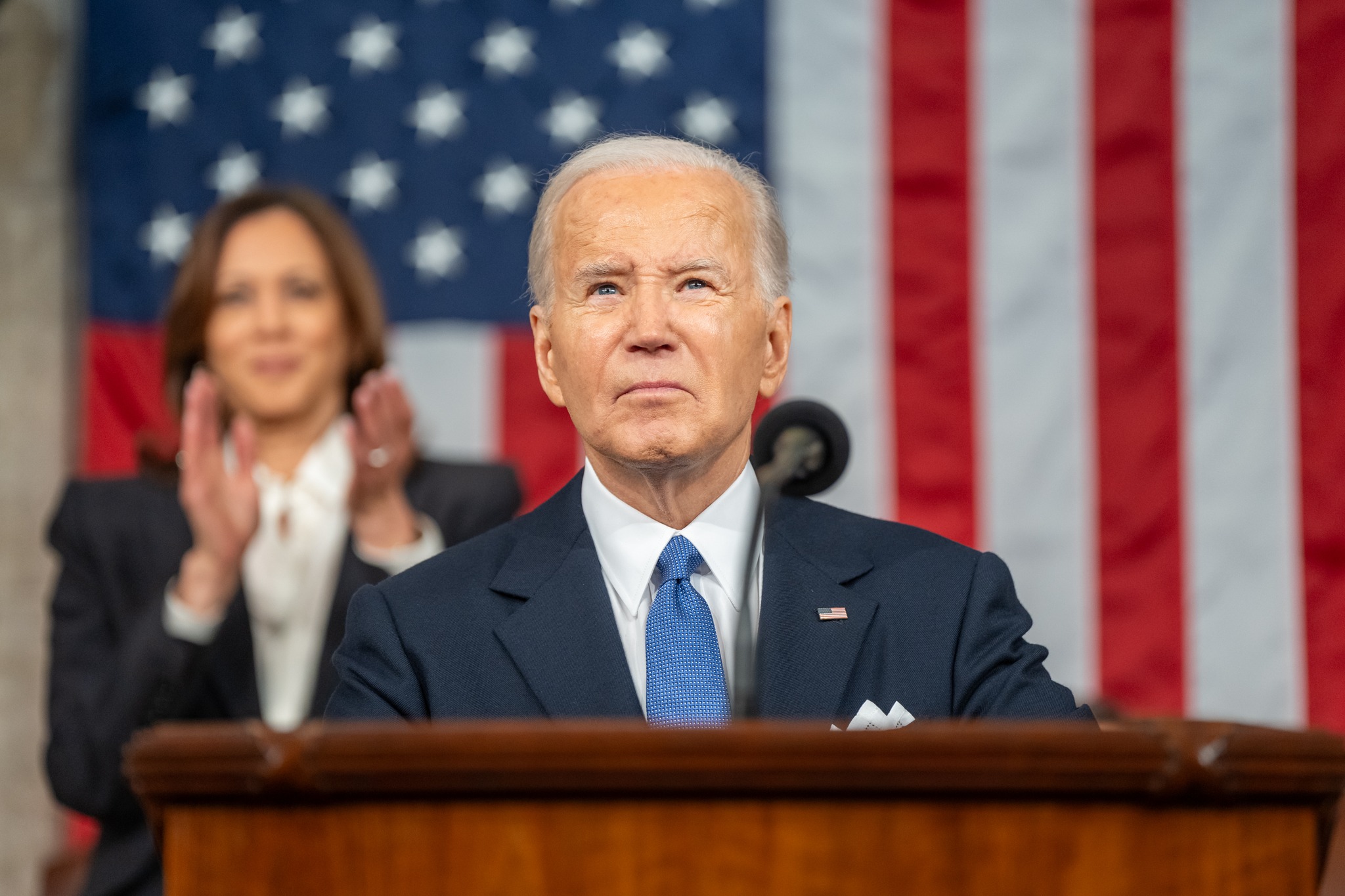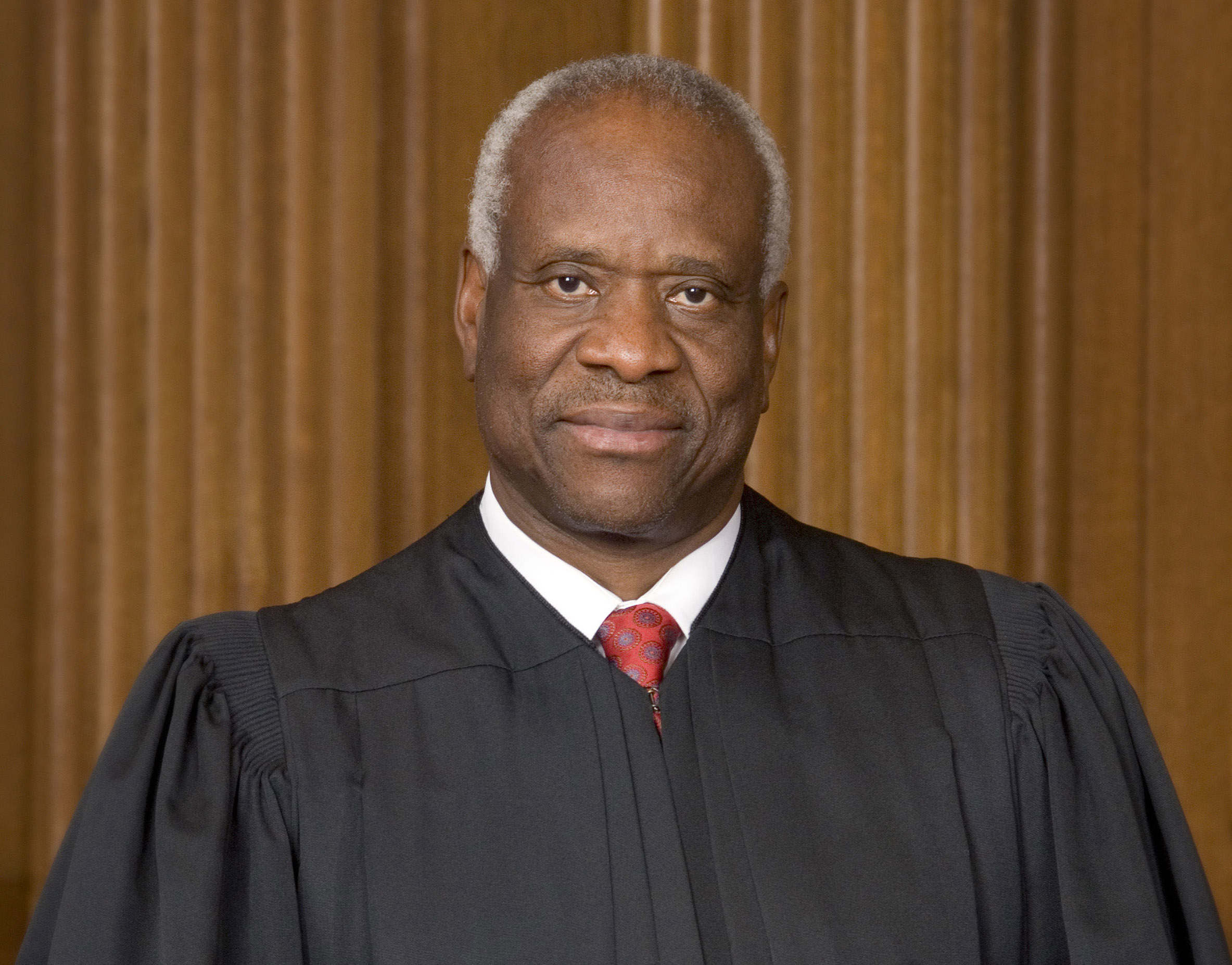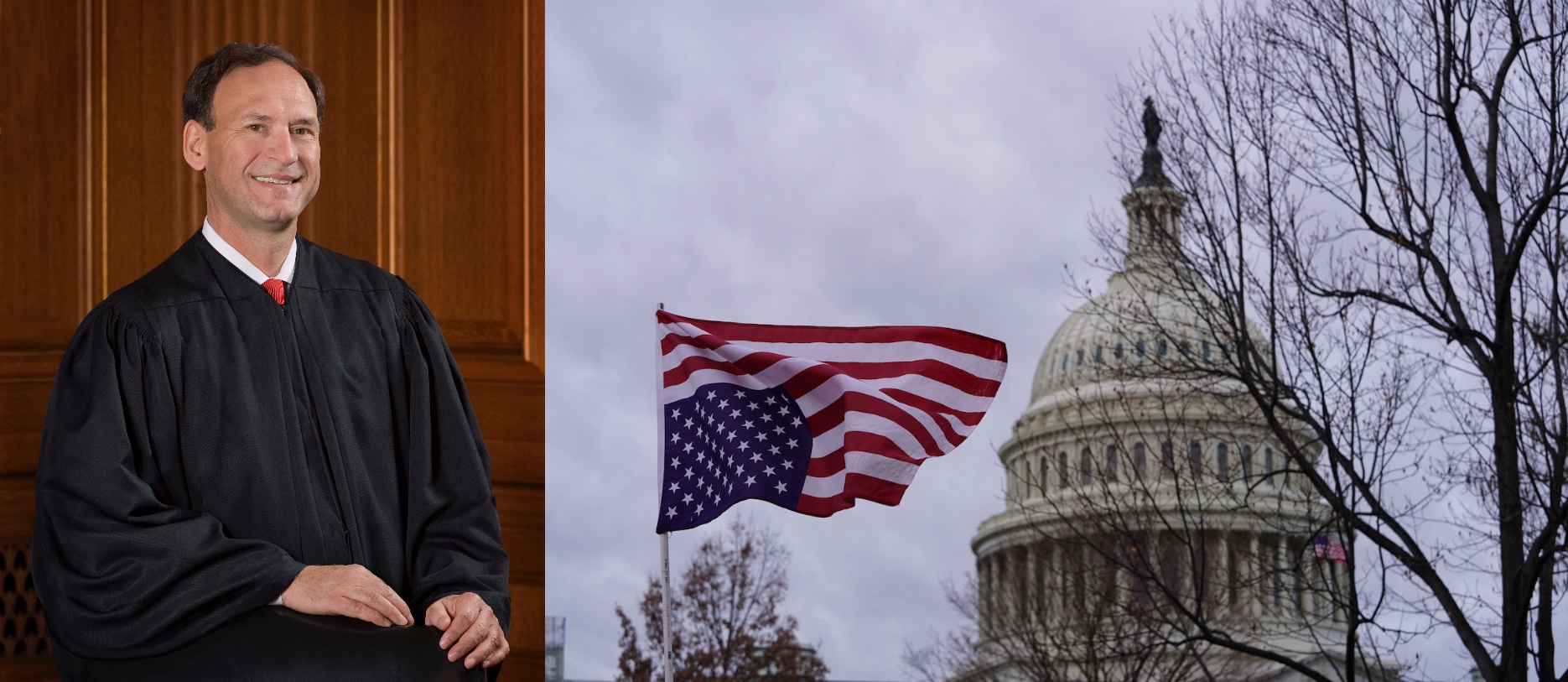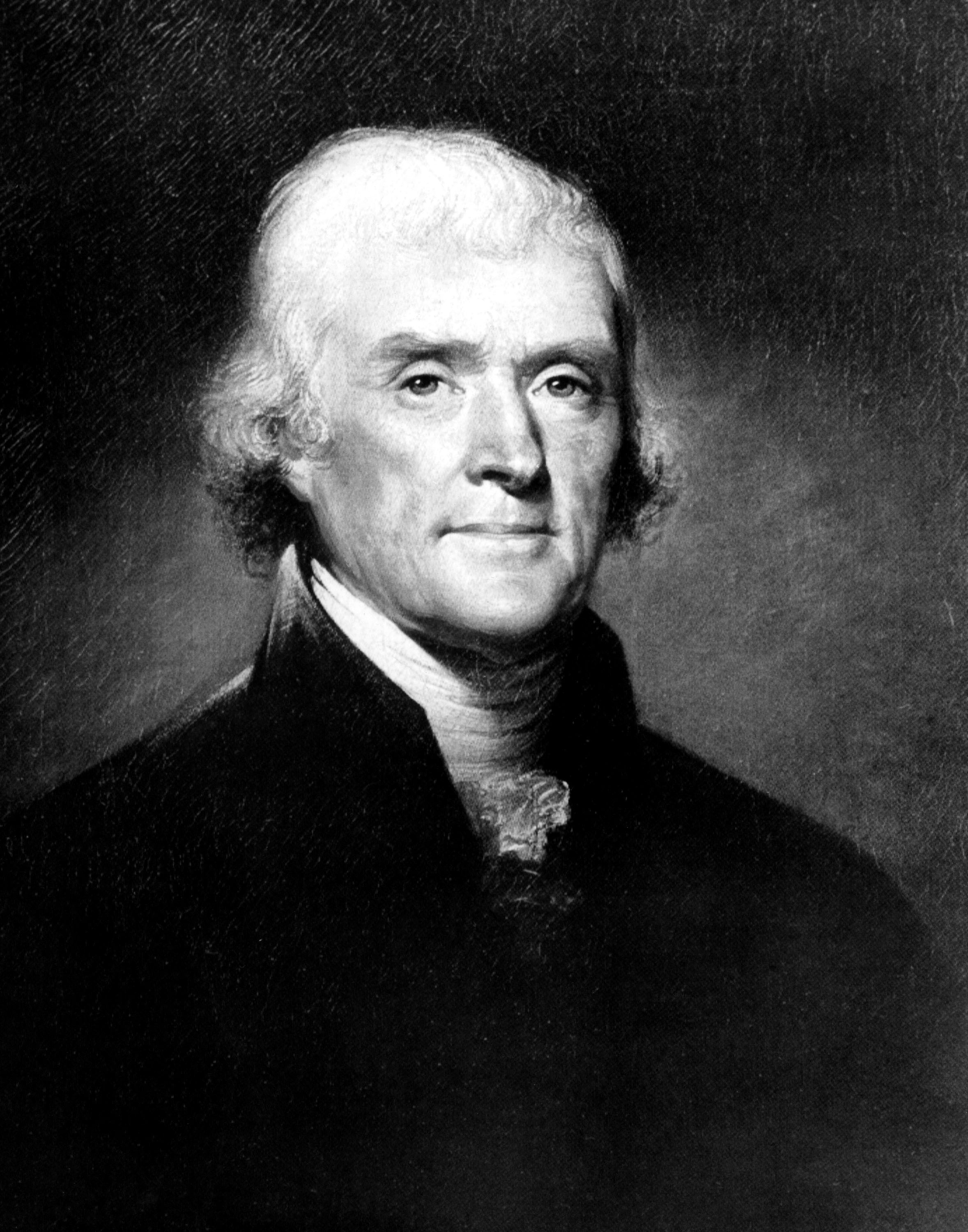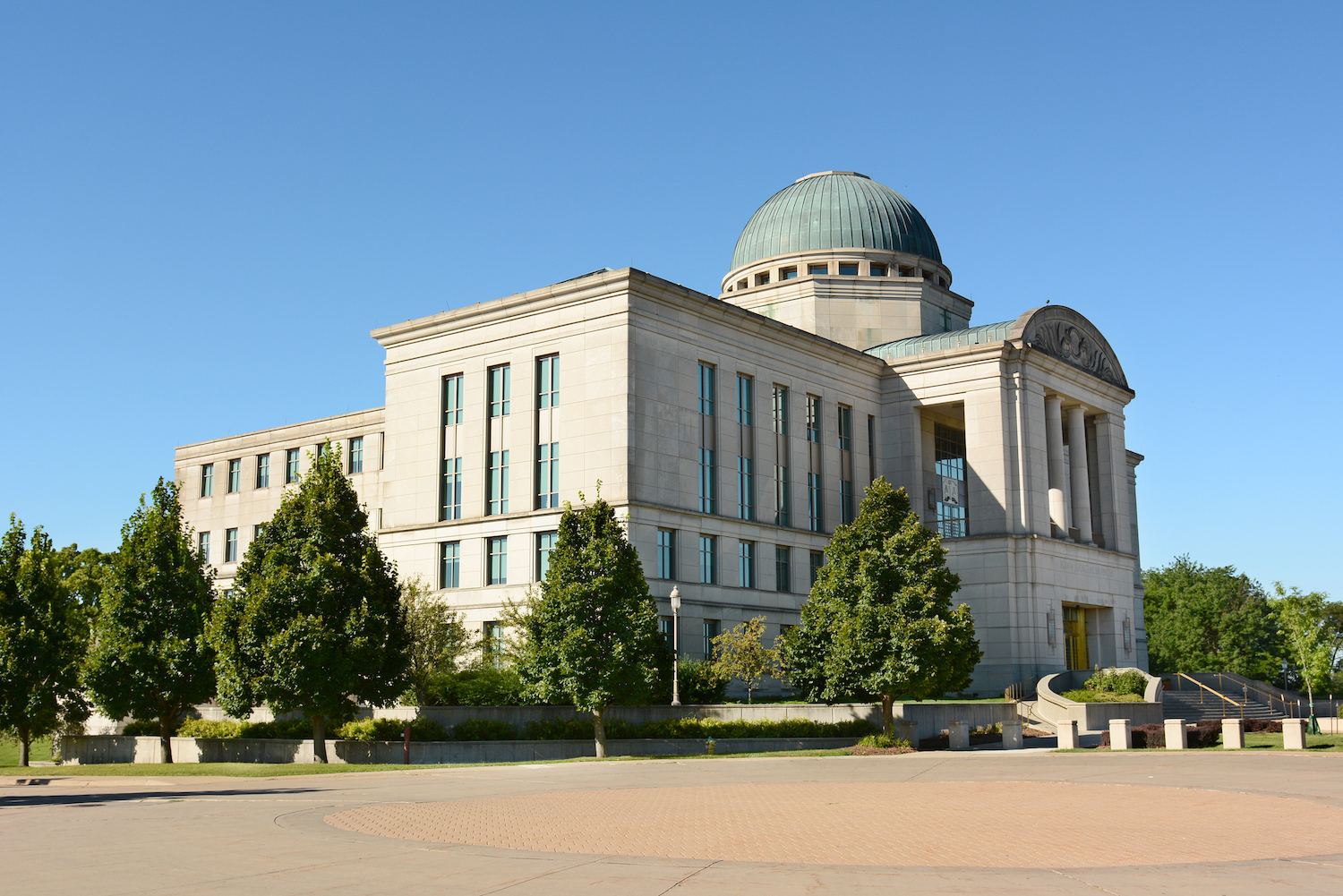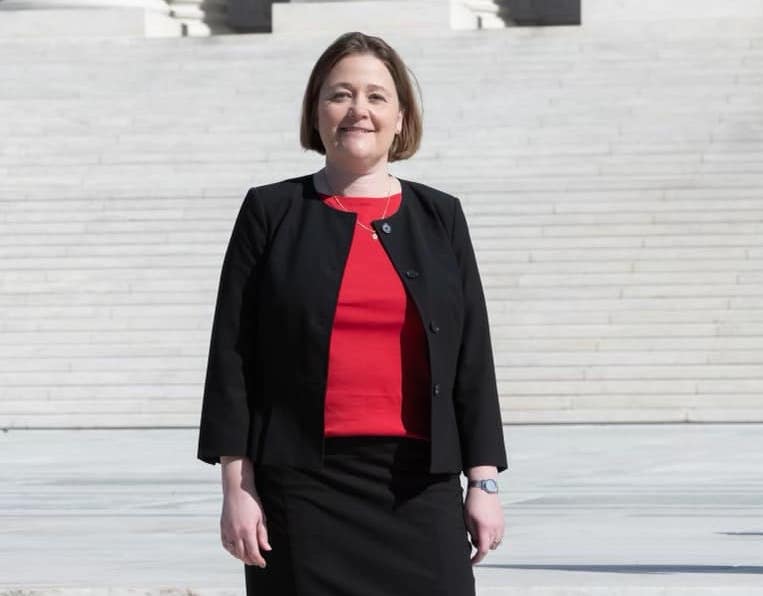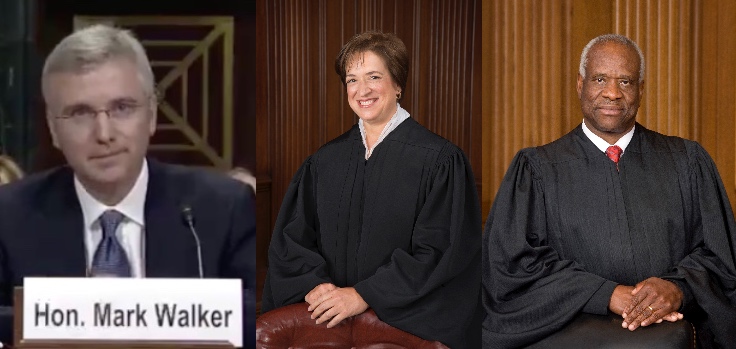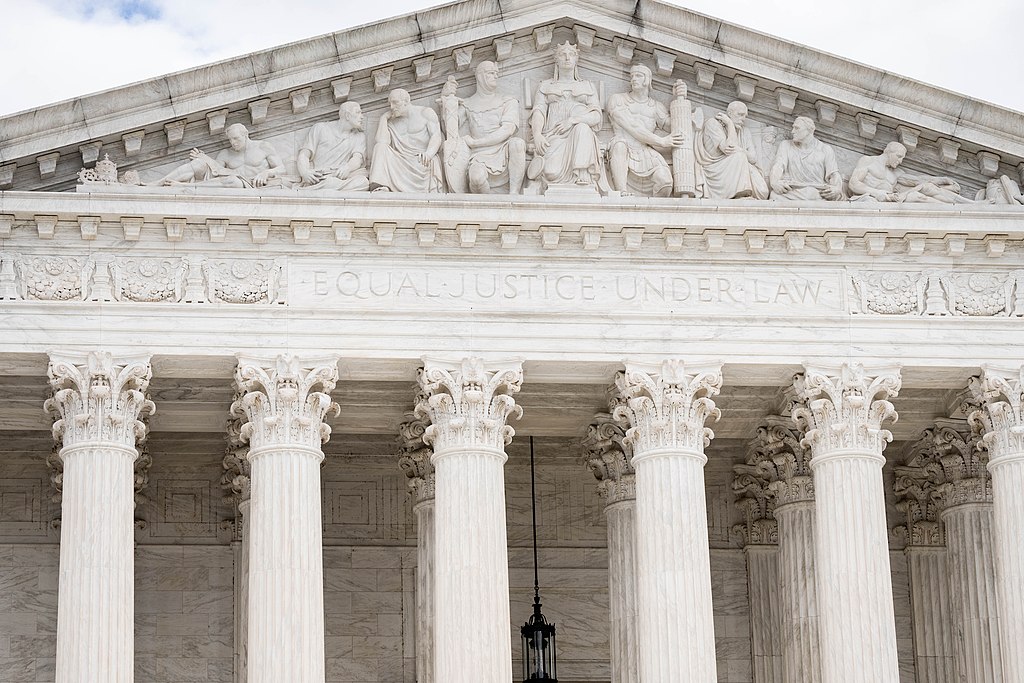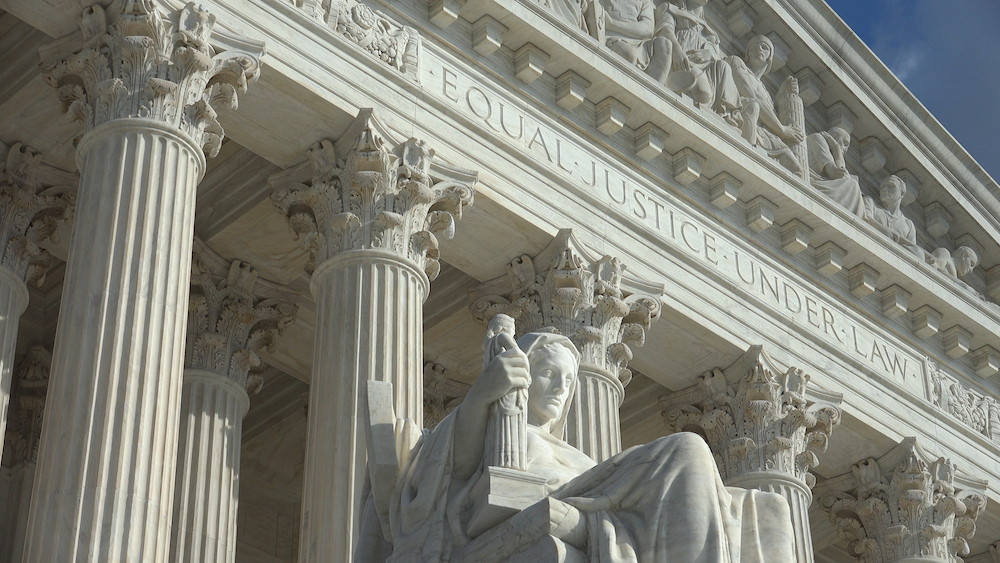Numerous media reported tonight that Monday morning, President Barack Obama will nominate his solicitor general, Elana Kagan, to the U.S. Supreme Court. The Above the Law blog saw several “clues” over the last few days that the president would pick Kagan.
I always expected Obama to choose corporate-friendly pro-choice moderate judges like President Bill Clinton’s appointees, Ruth Bader Ginsburg and Stephen Breyer. Instead, Obama is choosing a corporate-friendly pro-choice “blank slate.” Kagan is a lot less qualified than Sonia Sotomayor, whom Obama named to the high court last year. She probably will turn out to be more conservative than Justice John Paul Stevens, whom she will replace if confirmed.
Constitutional lawyer Glenn Greenwald laid out a devastating case against Kagan last month, and he supplemented that on Sunday with more links and commentary.
As far as I can tell, Obama gets two things out of this nomination: a chance to show off how “moderate” he is by enraging liberals, and a Supreme Court justice who will support any expansion of executive power begun under President George W. Bush and continued during the current administration.
If tonight’s reports are true, Obama is on the verge of making one of the biggest mistakes of his presidency. We may all pay for that decades into the future.
UPDATE: To be clear, I’m not advocating a progressive fight against confirming Kagan. That would be pointless and doomed to fail. I wish the president had named someone who would be a counter-weight to the four right-wing ideologues on the court, but not surprisingly, he chose a different course. I guess we’ll all have to hope that Lawrence Lessig is right about Kagan. Incidentally, I didn’t find Walter Dellinger’s case for her convincing; Greenwald decimated that piece here.
Meanwhile, we can count on conservatives to make idiotic arguments against Kagan. Media Matters previews and rebuts 15 “myths” about her nomination we’re likely to hear in the coming weeks.
SECOND UPDATE: Right on cue, the conservative National Review Online blog attacks Kagan’s “remoteness” from the average American because she did not learn to drive until her late 20s.
THIRD UPDATE: Democratic Senate candidate Tom Fiegen released the following statement regarding Kagan’s nomination:
“The President’s nomination of Ms. Kagan is an opportunity for our senior senator Chuck Grassley to either objectively advise and consent to the nomination or to bow to right wing forces in his party which took down Utah U.S. Senator Bob Bennett. Iowans will be watching to see whether Senator Grassley represents us or the most extreme wing of his own party.”
My money’s on “most extreme wing of his own party.” But at least this time Grassley will be able to remember why he voted against the president’s nominee.
FOURTH UPDATE: Oops, I forgot to post Grassley’s statement:
“A lifetime appointment requires a thorough vetting and I expect Elena Kagan to receive fair, respectful and deliberative consideration. The Constitution gives the Senate a tremendous responsibility to carefully review the President’s nominees to the Supreme Court. The Judiciary Committee must take time to ensure that the nominee will be true to the Constitution and apply the law, not personal politics, feelings or preferences. With no judicial experience, it becomes even more important that we ask thorough questions to determine that Ms. Kagan truly understands the constitutional role of a Supreme Court justice.”
Senator Tom Harkin released this statement:
“Elena Kagan is extremely qualified. She has the intellect and experience necessary to serve on our nation’s highest Court and her stellar legal credentials have been recognized by liberal and conservative lawyers alike. She clerked for two judges for whom I have enormous respect – Judge Abner Mikva and Justice Thurgood Marshall. I am also encouraged that in this nomination, the President selected a candidate from outside of the Judiciary. Elena Kagan is recognized as one of the leading legal educators in our country.
“I am confident that, if confirmed, she will be an important voice on our Court for the rule of law and constitutional rights and values. She will ensure equality and give proper effect to our most important statutes, such as the Americans with Disabilities Act and Civil Rights Act, so our most vulnerable citizens receive the fullest protections of the law.
“Elena Kagan’s nomination comes after a series of firsts in her career – first female Dean of Harvard Law School and first female Solicitor General – setting the stage for what may be only the fourth woman to serve on the Court in our history.”
Continue Reading...

